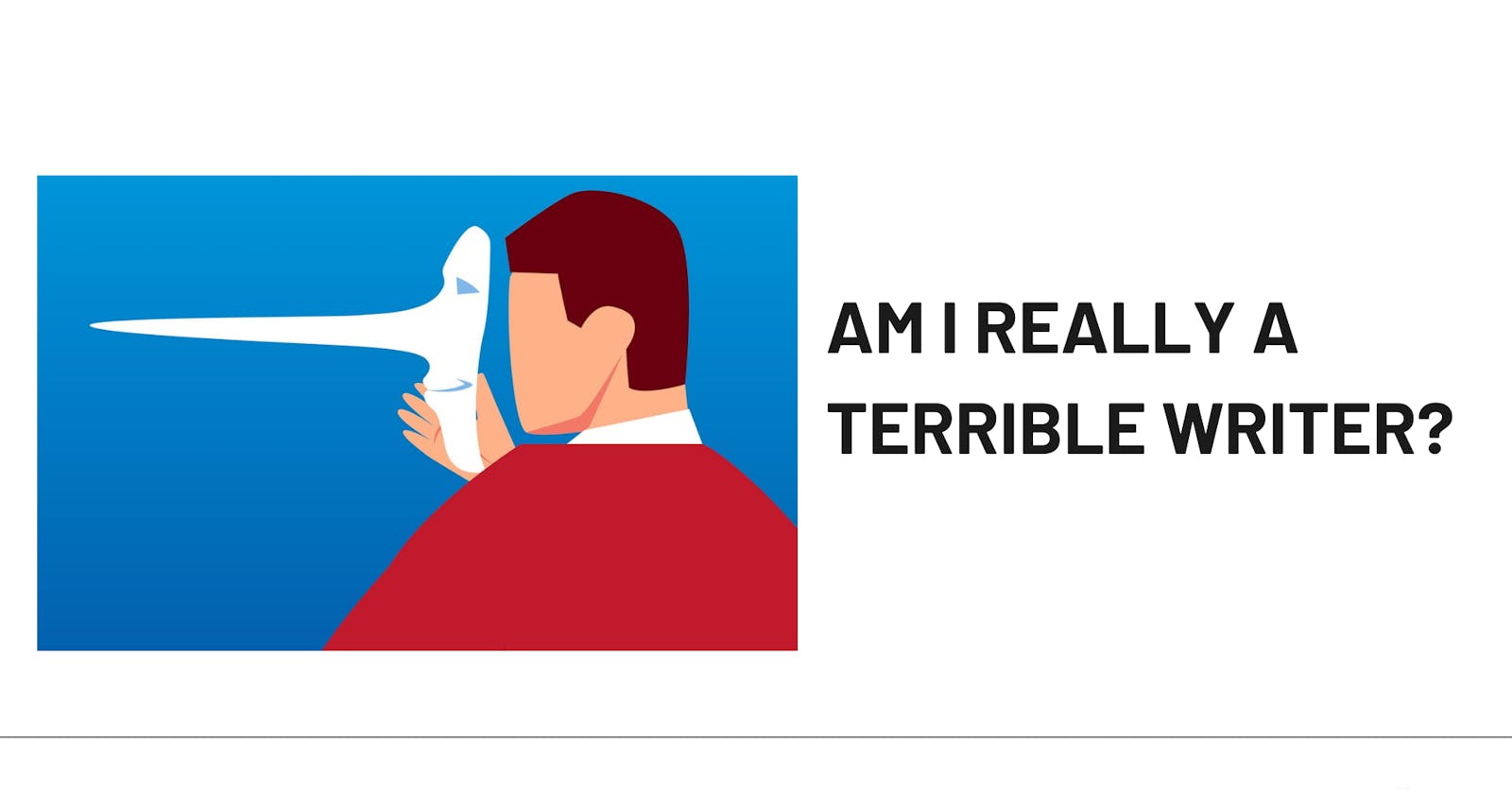Have you ever experienced a feeling of self-doubt, to an extent you start to think of yourself as incompetent, like a fraud who is unworthy and undeserving, despite how much effort you have made in the past?. I have read so many articles that talk about imposter syndrome and how to handle it. Today, I would like to talk about imposter syndrome from a personal experience, how I faced my doubts and what I learnt from this.
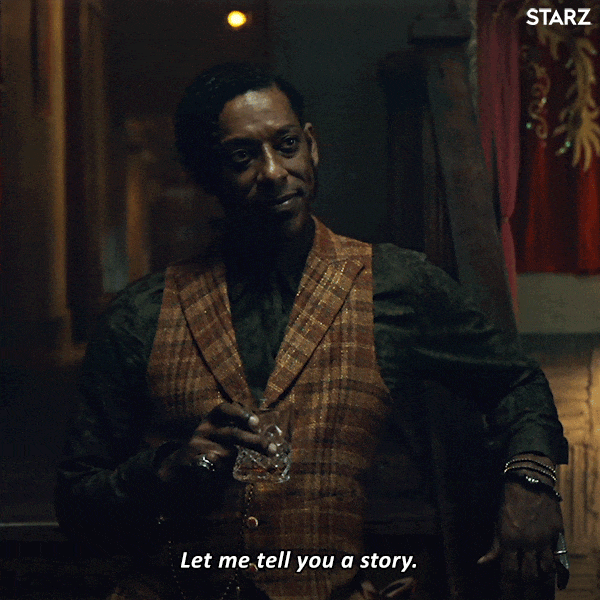
My story
It has been months since my last article on this blog and after my last blog post on “ Recounts of my Session at GitHub Africa Virtual Meetup“, for some reason, I felt I couldn’t write anymore. Although I had already written out topics in my draft, every time, I attempt to write on any of the topics I would develop cold feet and procrastinate about it. With my thoughts screaming I wasn't even a good writer, and might never have been one, I did not know how to get over this. Even when I tried forcing myself to write nothing came forth.

What did I do differently?
Although the thoughts of writing scared me, the thoughts of not writing again scared me more, I had to do something. So, I went over the article I had written in the past, the ones that received a lot of traction and even the ones that got just a few likes. I wanted to find out what exactly I was doing wrong. For some of them, I saw they needed some updates and for others, I couldn’t believe I was the one that put them together.
I started a course on technical writing (google technical writing course ), watching youtube videos on how to be a great technical writer, I even began a new hobby of reading other articles from different writers. Some of the articles related to my career path and others had no connection at all, I just read them all. My aim was to study the tone of the writer and.
For me, I thought if I was able to compare the different writing patterns and styles guides these writers used, I would be able to create great content too when writing.

The lessons I learnt:
Failure is not Always the End:
Fear is one of the major causes of imposter syndrome. The fear that you might not be such an awesome writer like you imagined makes you doubt yourself and your potentials. When you can't get over this fear, at the end of the day, you end up self-sabotaging and missing out on opportunities to learn and grow. I have realised that in life generally, failure is inevitable, but when we fail, we get a chance to learn from our mistakes and grow.
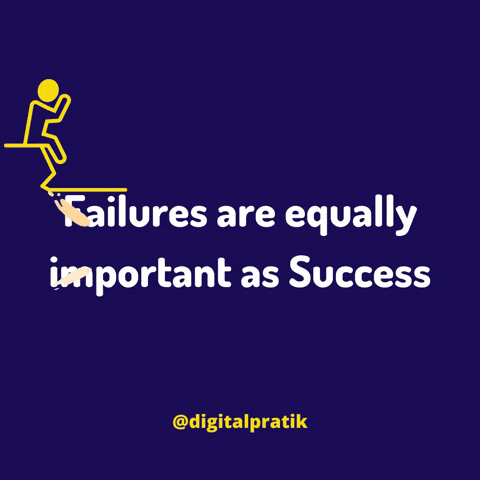
Sometimes you need to Remind Yourself Why you Started:
A lot of times, we forget why we started a particular hobby or career or even job. Especially when what we signed up for becomes overwhelming and demanding. Most people would even wonder why they started in the first place and see no reasons to continue. In a case like this, it is always good to pause and reflect on how far you have come and what you have accomplished so far. It might seem like you are not doing enough, but each step counts.
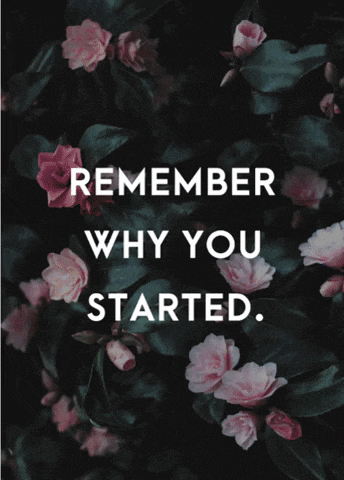
Self Acceptance/ Appreciation
Sometimes the key to overcoming imposter syndrome is self-acceptance. Most of the time as you progress on your journey to success you will feel you are not doing enough. This might be as a result of external factors(hearing other peoples success stories,) but in most cases, we are just too scared to face our insecurities seek out ways to avoid dealing with them.
It Never Ends:
Success comes with its downsides, one of which is imposter syndrome. The more you strive and beat the standards you set, the more you feel not worthy of the accomplishments that come with the growth. Even the most experienced writer and technical experts at some point in their life become unaware of their potentials(check out).
Because there are varying factors that can cause imposter syndrome, the experiences for some people may vary but the feelings are all the same. Some people, experience imposter syndrome as a result of old memories from their past failures, for some people, what they see on the media(peer pressure), while for others it can be as a result of fear of the unknown.

The Butterfly Effect
I wrote an article in January 2020 about the Optimizing Images Using the Next.js Image Component blindly. I say blindly because, while I was writing this article I was looking to get a better understanding of how that image property works and writing about it helped me with that. At the time, I was doing a personal project and was having challenges implementing this into the project.
Fast forward 4 months after. Someone from Imgix contacted me, saying he loved the article. Apparently, Imgix is the core maintainer of Next js media functionalities and I had no idea. I was surprised when he said he already went through my portfolio and my resume and would like to recommend me for the role to the HR at Imgix. I woke up the next day feeling happy because, for over months, I was not able to write because I felt my content was not good enough and finally, someone proved me wrong.
Meanwhile, the article in question had only 16 likes and 200views. This drives me to a very common say.
“It’s not about how much, but how well”.
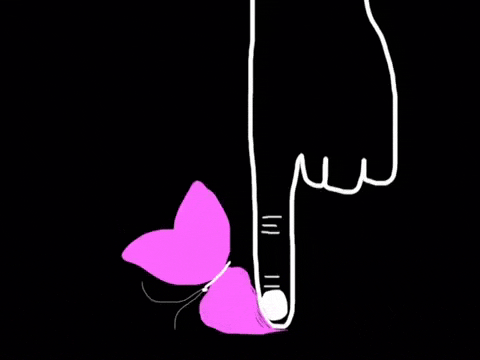
After a while, I started developing the urge to write again, I picked up a couple of writing gigs and I was surprised my writing skills had improved so much(bonus for the extra learning). A lot of people today, who are experiencing imposter syndrome are scared of showing their flaws and weaknesses. Often afraid that the world would laugh at them if they shared their stories and how they feel. A majority of the people around the globe go about every day with imposter syndrome hunting them.
Some Articles I have read so far
- Demystifying Decentralisation
- 14-ways-you-might-be-sabotaging-your-own-career-growth
- the-beginners-guide-to-networking
- Plagiarism
- Open Source Guide- How contribute
- Managing a community
- guide-developer-community-management
- what-is-blockchain-technology
- get-started-with-cloud-native
- differentiate-between-centralized-and-decentralized-management/
- what-are-decentralized-applications-dapps-explained-with-examples
- decentralized-applications

